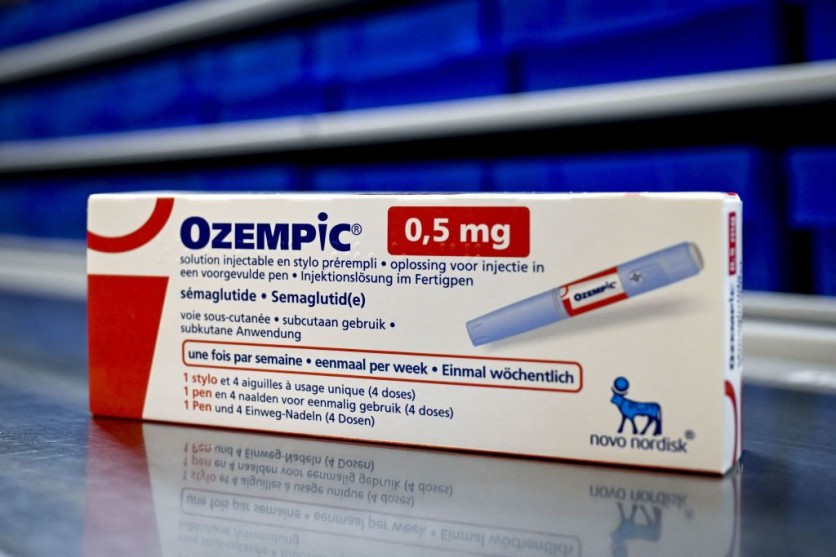In a recent study funded by the National Institutes of Health (NIH), researchers explored the potential link between diabetes and obesity drugs Ozempic and Wegovy and increased risk of suicidal thoughts.
According to the Associated Press, the study, which delved into electronic medical records of over 1.8 million patients, has provided insights into the safety of these medications amid concerns raised by anecdotal reports that individuals taking the drug, semaglutide, had thoughts of self-harm.

Does Ozempic and Wegovy Increase the Risk of Suicidal Thoughts?
The question at the forefront of this investigation was whether individuals using Ozempic and Wegovy faced a higher likelihood of experiencing suicidal thoughts compared to those taking other medications for diabetes and obesity.
The research, conducted by NIH in collaboration with Case Western Reserve University, offers a comprehensive analysis of patients taking semaglutide or another drug to treat obesity or diabetes between 2017 and 2022.
The study included some 240,000 patients treated for obesity or being overweight and almost 1.6 million patients treated for diabetes. Contrary to concerns, the findings revealed a surprising outcome.
Individuals taking semaglutide, the active ingredient in both Ozempic and Wegovy, had a 49% to 73% lower risk of first-time or recurring suicidal thoughts compared to those taking another drug for these conditions in a six-month follow-up period.
Dr. Rong Xu, a co-author of the study from Case Western, acknowledged that diabetes and obesity are risk factors on their own for suicidal thoughts. He also emphasized that the research was not designed to establish if the GLP-1 drugs reduced suicidal thoughts. Instead, the study sheds light on the relative safety of semaglutide in this regard.
EMA's Investigation
The investigation was prompted by the European Medicines Agency's (EMA) review of approximately 150 reports suggesting a potential link between semaglutide and other drugs known as GLP-1 receptor agonists and cases of self-injury or suicidal thoughts.
These drugs target hormones in the gut and brain responsible for appetite and feelings of fullness. The EMA's probe was initiated last July. The US Food and Drug Administration is also investigating unconfirmed reports of suicidal thoughts or actions in individuals taking the GLP-1 drugs.
Read Also : Diabetes Relief: Major Manufacturers Cap Insulin Prices at $35, Answering Calls for Affordability in the US
No 'Causal Association'
In response to the study's findings, a spokesperson for Novo Nordisk, the pharmaceutical company behind Ozempic and Wegovy, told the AP that the new study reflects the firm's data collected from massive clinical trials and since the drug has been released on the market.
The spokesperson noted that all data showed no "causal association" between semaglutide and thoughts of suicide or self-harm.
As European and US regulators continue their probe into the safety of GLP-1 drugs, the study offers a nuanced perspective on the risk landscape associated with Ozempic and Wegovy, reassuring the millions of individuals using these medications.

ⓒ 2025 TECHTIMES.com All rights reserved. Do not reproduce without permission.




